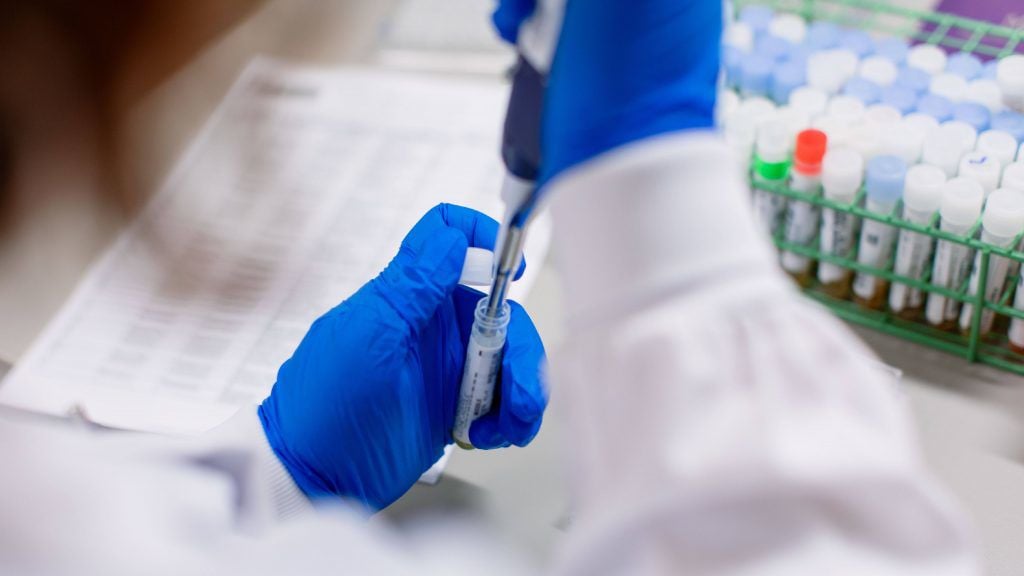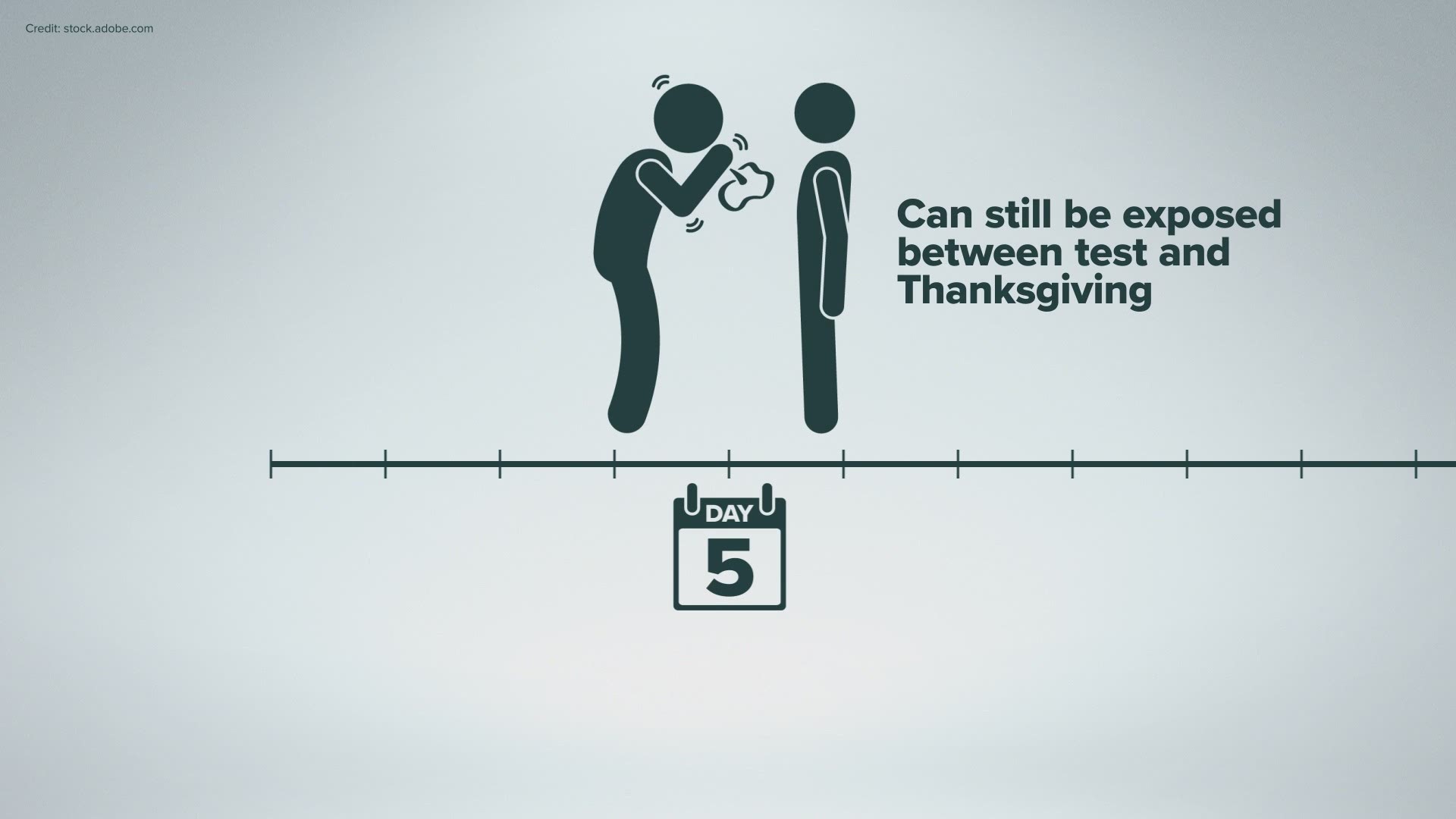


Stability issues of RT-PCR testing of SARS-CoV-2 for hospitalized patients clinically diagnosed with COVID-19. Rapid antigen tests generally cost 20 Euros, payable in advance, but may private pharmacies and labs may charge more, particularly on nights, weekends, and holidays.

NEGATIVE COVID TEST UPDATE
Transcript for CDC telebriefing: CDC update on novel coronavirus. No COVID-19 Testing Rapid antigen tests are available at most pharmacies in France on a walk-in basis, with results within24 hours, and generally within one hour. Patient Led Research for COVID-19.Ĭenters for Disease Control and Prevention. Report: What does COVID-19 recovery actually look like?. Accelerated emergency use authorization (EUA) summary COVID-19 RT-PCR test (Laboratory Corporation of America).Īssaf G, Davis H, Wei H, Akrami A, McCorkell L. Variation in false-negative rate of reverse transcriptase polymerase chain reaction-based SARS-CoV-2 tests by time since exposure. Someone could be shedding more virus in their throat or gut than their nose, which would mean a nose swab wouldn’t pick up enough viral particles to show a positive test.īecause the virus is spreading so widely, if you have symptoms “it no longer matters whether you were exposed to someone who tested positive – take precautions-stay home if you can, wear a mask and avoid individuals at risk of severe disease,” Sutton said.Kucirka LM, Lauer SA, Laeyendecker O, Boon D, Lessler J. The virus can infect cells in many different parts of the body, from your mouth, nose and lungs, to the large and small intestines. Someone might not be shedding virus particles in their nose.Īnother reason either at-home tests or PCR tests could come back negative despite an active infection is that some people might “shed the virus differently throughout the course of their infection,” Sutton said.
NEGATIVE COVID TEST HOW TO
That’s because the health care provider knows to how to perform the test correctly. “Everyone who’s been tested at a doctor’s office knows it’s less comfortable than the at-home test,” Sutton said. Some testing kits say to circle the swab inside each nostril five times, for example.

They might not rub against the sides of the nostril, or they might not swab long enough. Some people might be too “timid” when swabbing their nose, she said. “We see clearly in studies that when health care personnel perform a test, it’s more likely to detect the virus than when people test themselves,” Sutton said. There are two main reasons the rapid antigen or PCR tests might not work: If enough of the virus’ genetic material or antigens are present, the tests should detect them. PCR tests, meanwhile, detect the virus’s genetic material.īecause COVID-19 most commonly infects the upper respiratory tract, both tests require a sample from your nose. The Bahamas COVID-19 Information Last Updated: J As of June 12, 2022, the CDC order requiring all persons aged two and above to show a negative COVID-19 test result or documentation of recovery from COVID-19 before boarding a flight to the United States, is rescinded. Anything your body’s immune system might respond to, such as viruses, bacteria or toxins, has antigens. Rapid antigen tests (the kind used at home that return results in 15 minutes) detect pieces of the virus called antigens. People with Covid symptoms are finding their antigen tests are coming back negative ( Image: Adam Gerrard / Daily Mirror) Meaning if you have Covid you have a 75 chance of testing positive. The two kinds of COVID-19 tests – rapid antigen tests and polymerase chain reaction (PCR) tests – work to detect the virus in your body, but in different ways. “Always assume your stuffy nose, sore throat or other symptoms are a result of COVID-19 and take precautions.” “Never rely on a negative test result to inform an important decision such as visiting a loved one who might be at risk of severe COVID-19,” said Sutton. “If you have any COVID-19-like symptoms, you should assume you have COVID-19,” said Melissa Sutton, Oregon Health Authority’s medical director of respiratory viral pathogens. COVID-19 tests are extremely reliable when they give a positive result, but a negative result can’t always be trusted.įalse negatives test results are tests that show a negative result even when the person is infected with the COVID-19 virus, and they are common.


 0 kommentar(er)
0 kommentar(er)
